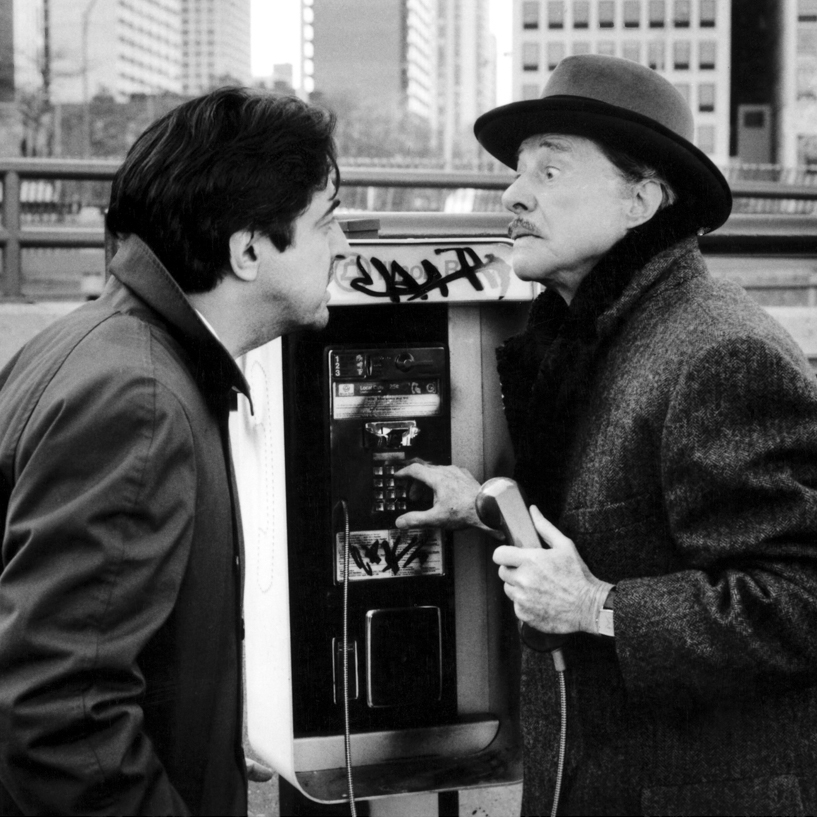“The dramatist as analyst, unfortunately, cannot punch out and go home,” writes David Mamet in his new memoir, Everywhere an Oink Oink. He continues: “The dramatist has no off button.” In recent years, Mamet fans (and Mamet-haters) have probably wished that this particular dramatist did have one. The Pulitzer Prize–winning writer of Glengarry Glen Ross and Wag the Dog has become notorious for treatises such as “Why I Am No Longer a ‘Brain-Dead Liberal’” and weighing in on Florida’s “Don’t Say Gay” bill.
Life as a freelance pundit hasn’t served Mamet especially well, and his critics won’t be soothed by his latest, Everywhere an Oink Oink, subtitled An Embittered, Dyspeptic, and Accurate Report of Forty Years in Hollywood. Not because of the Hollywood tell-alls, but because of … the other stuff.

